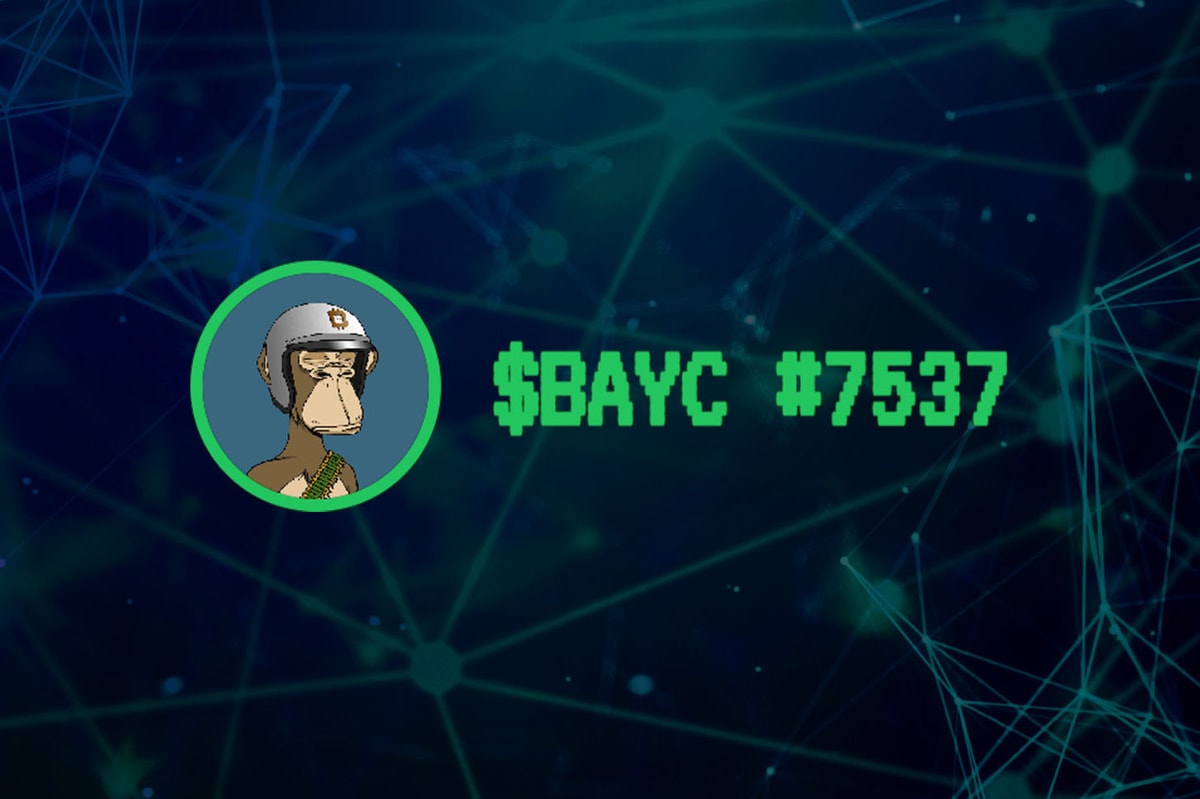When it comes to Bitcoin regulation, Africa is uncharted territory. Indeed, none of the 54 African countries makes it to any of the legality-of-bitcoin-by-country lists found online.
In February 2014, the South African Reserve Bank (SARB) issued a statement warning South Africans of the risks involved in using bitcoins. And that so far remains to be the only official word from a regulator on the entire continent.
In a nutshell, that means if you are planning to open shop on the continent you should be ready to face a complex legal environment that, just as with the rest of the world, is manned by little-informed regulators.
Nevertheless, there are enough reasons why Bitcoin entrepreneurs and users on the continent are not worried.
A positive gesture from Commonwealth was a sign from 20 African countries
Indeed, while there seems to be a deafening silence from regulators, some encouraging signals becoming visible. One such signal is the Commonwealth Roundtable on Virtual Currencies that took place in London, February 17-18, 2015.
According to the chairperson of the meeting, Ms Josephine Ojiambo, this event was held to identify how cryptocurrencies can benefit consumers in the third world and how member countries can guard against risks that come with the technology. Ojiambo explained:
"It is important to note that virtual currencies do not solely pose risks. However, the potential benefits they offer such as reduced transaction costs, certainty of payment and improved transaction processing times will need to be considered within the context of the strengths and weaknesses of existing national regulatory and criminal law frameworks."
While we have heard similar statements before even from central banks, you will appreciate the significance of this meeting for the African Bitcoin ecosystem when you realize that about 20 of the 53 member countries of the Commonwealth are from Africa.
Perhaps it is also important to mention that Ojiambo, who is the Deputy Secretary-General responsible for political affairs at Commonwealth Secretariat, is also from Africa.

Bitcoin has to first prove itself on the continent
Another source of confidence among the Bitcoin community is in the understanding that being snubbed by government regulators is nothing new. When Safaricom, the company behind the now successful Mpesa mobile money service, approached the Central Bank of Kenya (CBK) for approval, the regulator was uncertain but nevertheless decided to give them a Letter of no Objection to operate while they did more research.
A comprehensive regulatory framework only came into being after almost three years of the mobile money service being in operation. And by this time it had proved itself to be a service that the population really needed with an estimated 62% of the country being active mobile payment users.
Thus, operating largely based on nothing except Letters of no Objection from the regulators, Bitcoin startups on the continent know that it is the same old let's-wait-and-see approach. This means that just like with the M-Pesa phenomenon, the Bitcoin community must work to create real solutions for solving real African problems so that when the silence ceases, the regulators will not have any other option but to say yes to Bitcoin!
Did you enjoy this article? You may also be interested in reading these ones:










